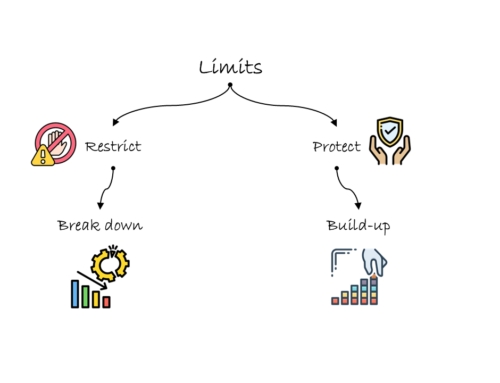Those who cultivate crops need a protective fence to keep away predators.
Similarly, when we aspire to cultivate virtues such as purity and spirituality, we need a fence of morality around our consciousness to keep away predatory temptations. Such a fence ensures that even if we can’t resist temptation entirely, we don’t give in to it indiscriminately. Suppose we are tempted by food. Succumbing to the temptation, we may eat some unhealthy food just because it tastes good. Still, if we have the fence of being a vegetarian, we won’t eat meat, no matter how much we feel tempted.
Unfortunately, today’s culture of moral relativism considers moral limits changeable and dispensable. If we buy into this culture, we destroy our fences. Thereafter, when temptation captivates us, we find ourselves defenseless as we are allured to destructive extremes of indulgences.
To protect ourselves, we need to understand that moral fences are for our good – they don’t restrict, but protect. Studying scripture solidifies this understanding by explaining that we are souls meant for a life of eternal happiness in pure spiritual love for Krishna; worldly pleasures are cheap counterfeits of spiritual joys. Such scripturally-grounded understanding shifts our focus from what lies outside the fence – immoral pleasures – to what lies inside it: unending spiritual happiness that awaits those who cultivate pure love for Krishna.
Thereafter, even if we feel tempted, our resolve to honor our fence comes to our defense. When we feel deprived because of saying no temptation, our fence inspires us to seek the best solution to deprivation: intense absorption in Krishna. By such absorption, we relish higher fulfillment and accelerate our devotional growth.
No wonder the Bhagavad-gita (02.64) assures that when we restrain our feelings and live according to scripture, we reap the fruit of purity, thereby progressing towards spiritual serenity and ecstasy.
To know more about this verse, please click on the image
Explanation of article:
Podcast:
Download by “right-click and save”



When KRISHNA fences you,it is every defence